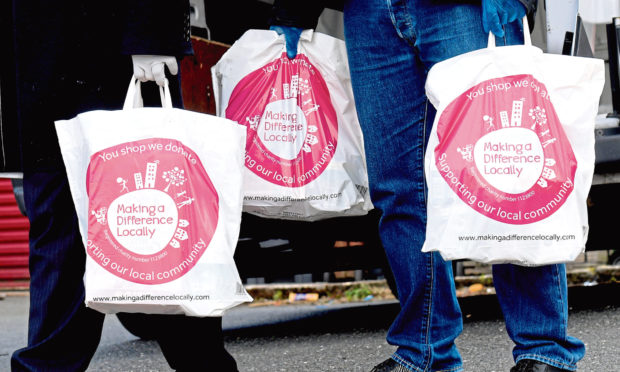New research shows Covid-19 has boosted UK convenience stores, with sales growth of nearly 8% forecast for 2020.
Market researcher Mintel said its study showed new shopping habits, with many more people using local stores during the crisis, were driving sales in the convenience sector to an estimated £47.5 billion this year. It follows 3% sales growth in 2019.
Growth is outperforming the wider grocery market, which is expected to grow by around 6% this year.
But Mintel warned the upward trend will not continue into 2021, particularly if social distancing measures continue to be relaxed and consumer budgets are squeezed further.
It predicted a decline of 3.9% in convenience store sales next year as the market rebalances before “more consistent lower growth” – just 2-3% – through to 2024, when the annual total is forecast to reach £49bn.
Other Mintel research has found 94% of convenience store users visit the shops at least once a month and 80% believe the sector provides essential services in the community. Meanwhile, 25% of consumers are now shopping more with local businesses due to Covid-19.
Mintel retail research associate director Nick Carroll said: “The shift to localised shopping during the peak of Covid-19 has benefited the convenience sector, driving larger-basket demand and sales as consumers necessarily shopped more in their local communities.
“Longer term, the importance of convenience stores within these communities and consumers’ desire to support them will only be reinforced – providing a solid platform for convenience retailers to build upon.
“Not all aspects of the sector, however, are benefiting.
“On-the-go food and drink, for example, is a significant part of convenience trade, and has naturally been constricted by lower levels of public movement and more working at home since the lockdown.
“This has impacted convenience stores in travel hubs. However, this decline in sales has been offset by more spending on in-home food and drink as shoppers look to shop closer to home.”
Mr Carroll said: “A major long-term positive of the crisis will be how the ‘essential’ status of convenience stores in communities will be reinforced.
“Localism and a more internal looking consumer base was a trend far before Covid-19.
“Consumers have become more aware and engaged with their communities.
“Combined with this is a growing realisation of the need to support small business owners, a category which any of the symbol operators – such as Nisa or Spar – fall into.”
